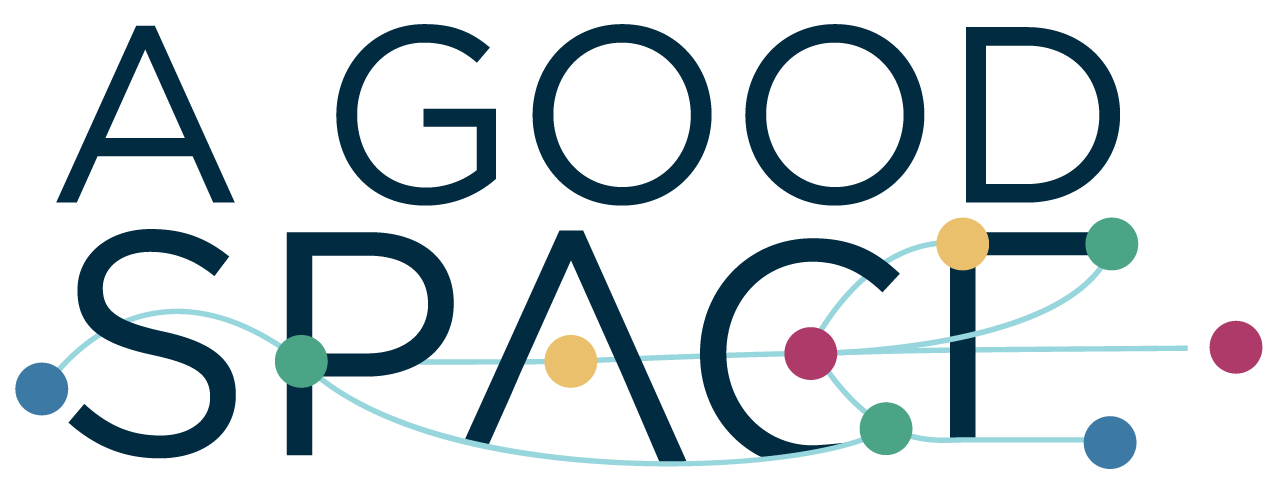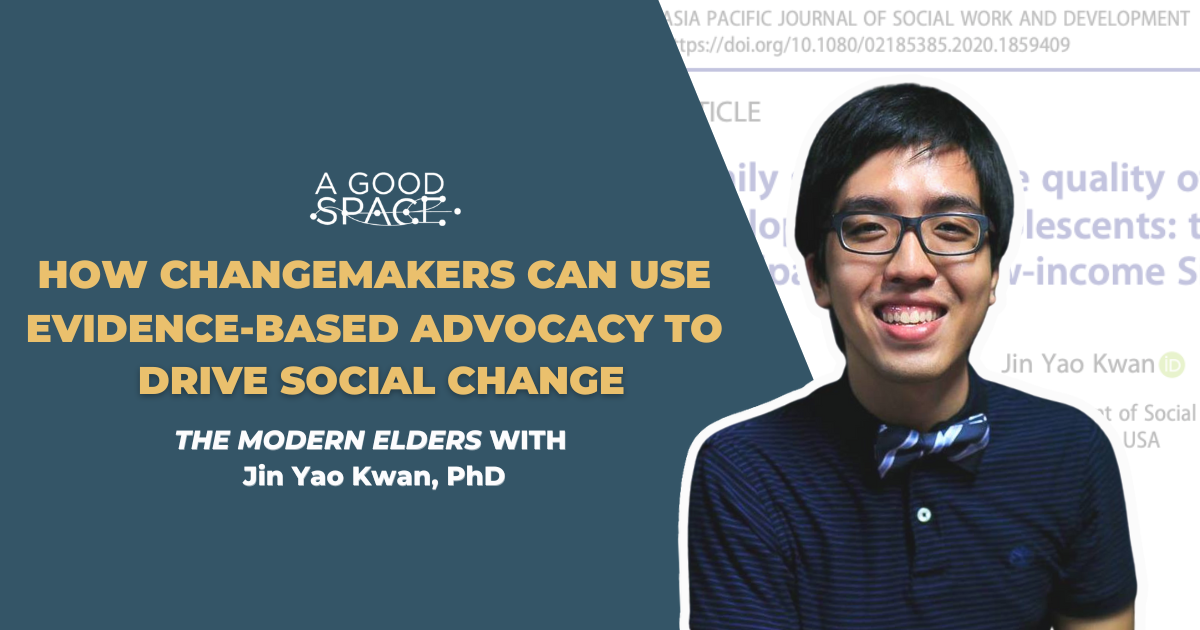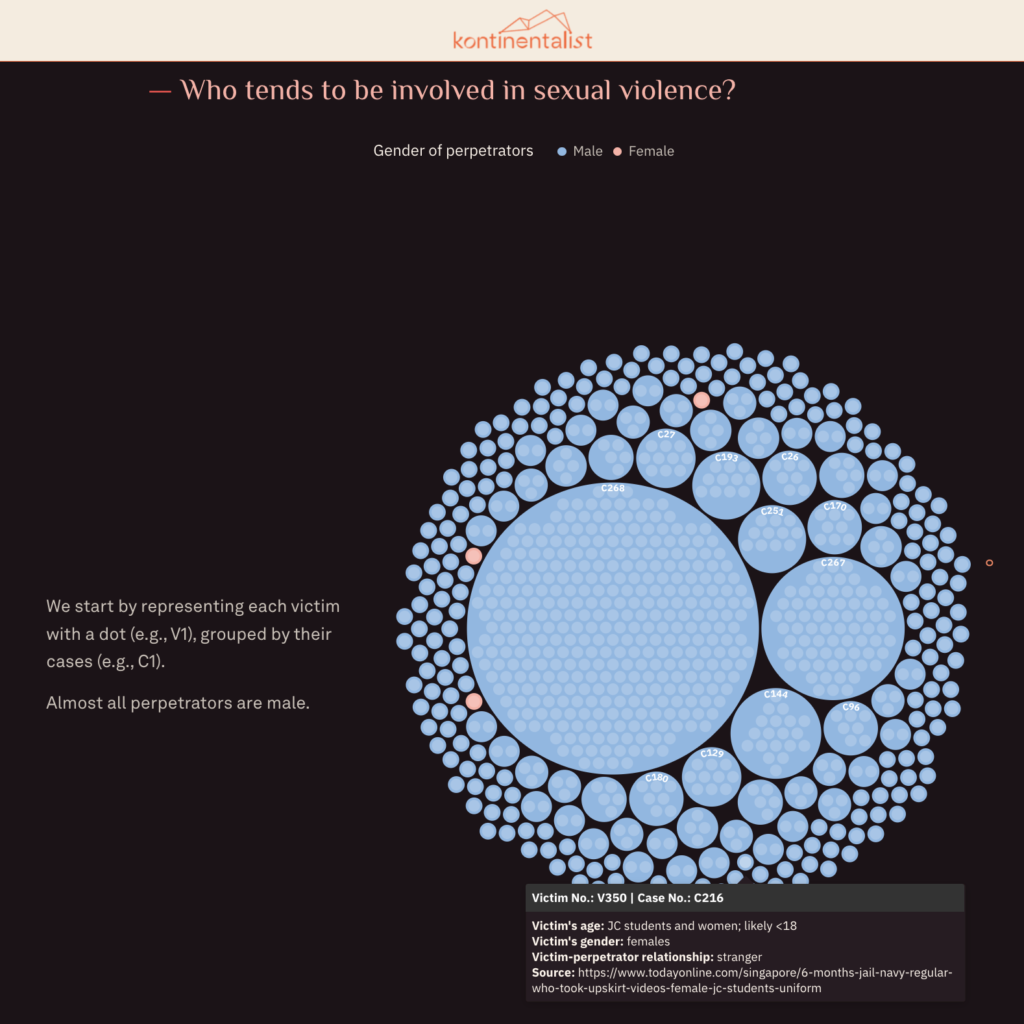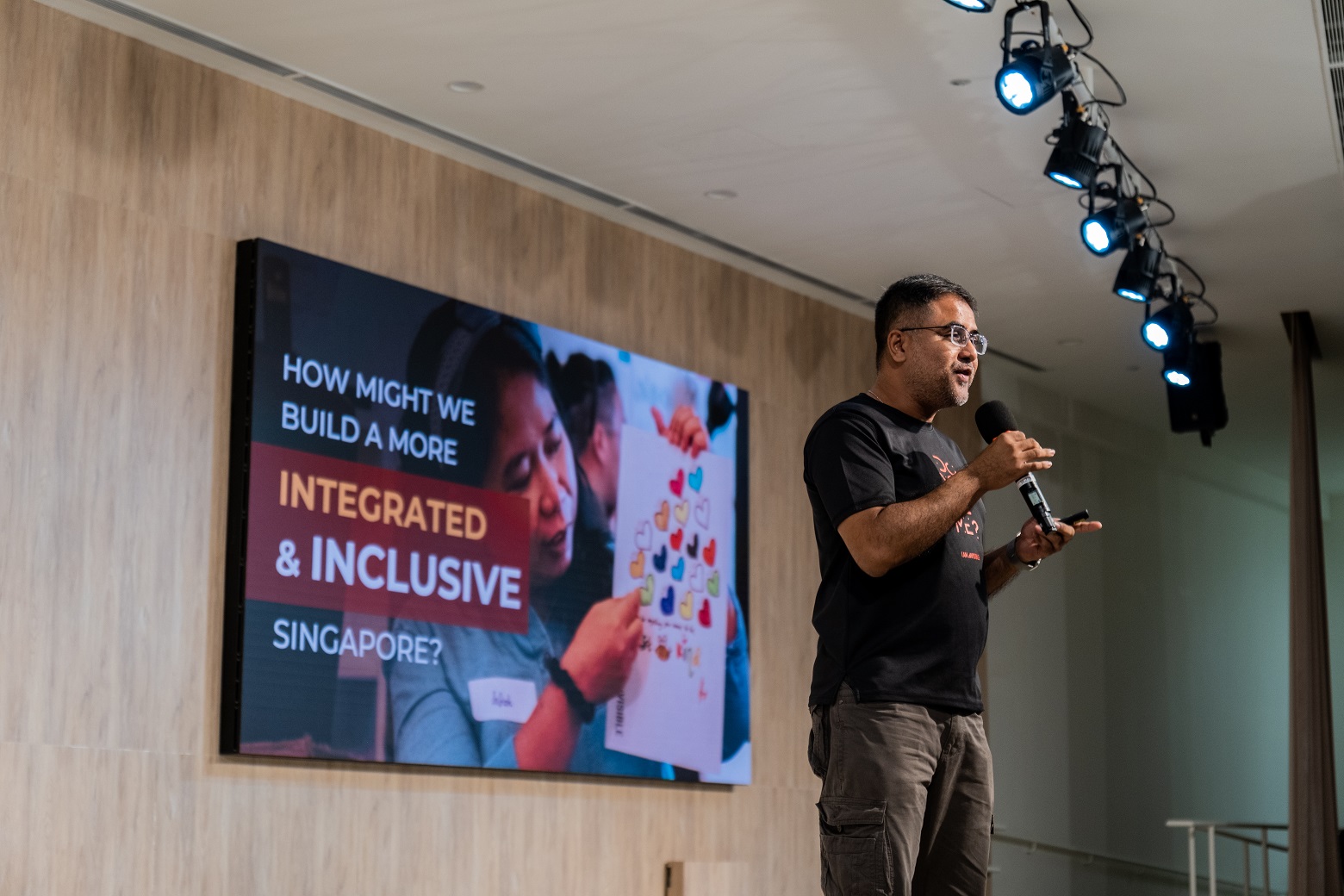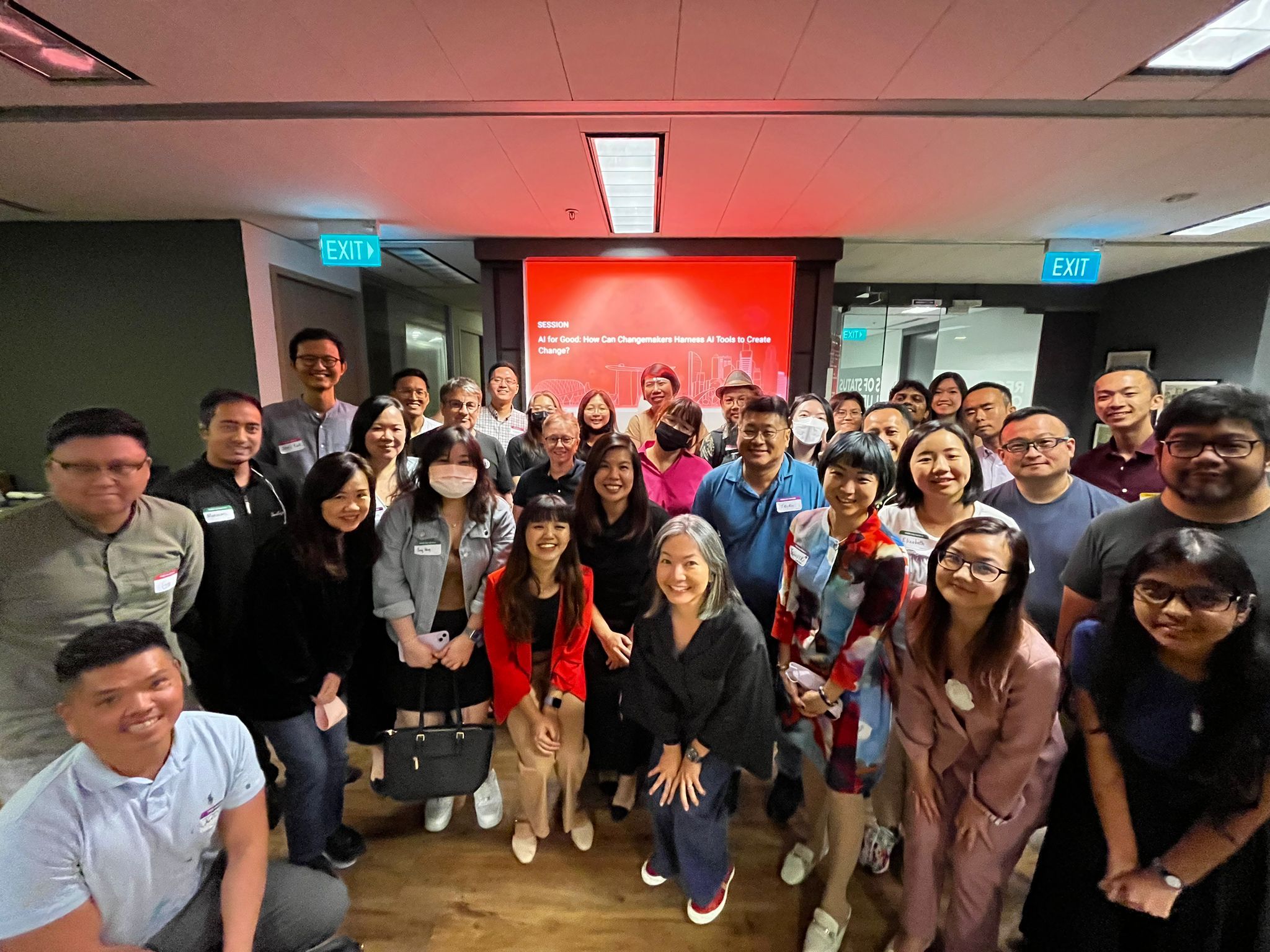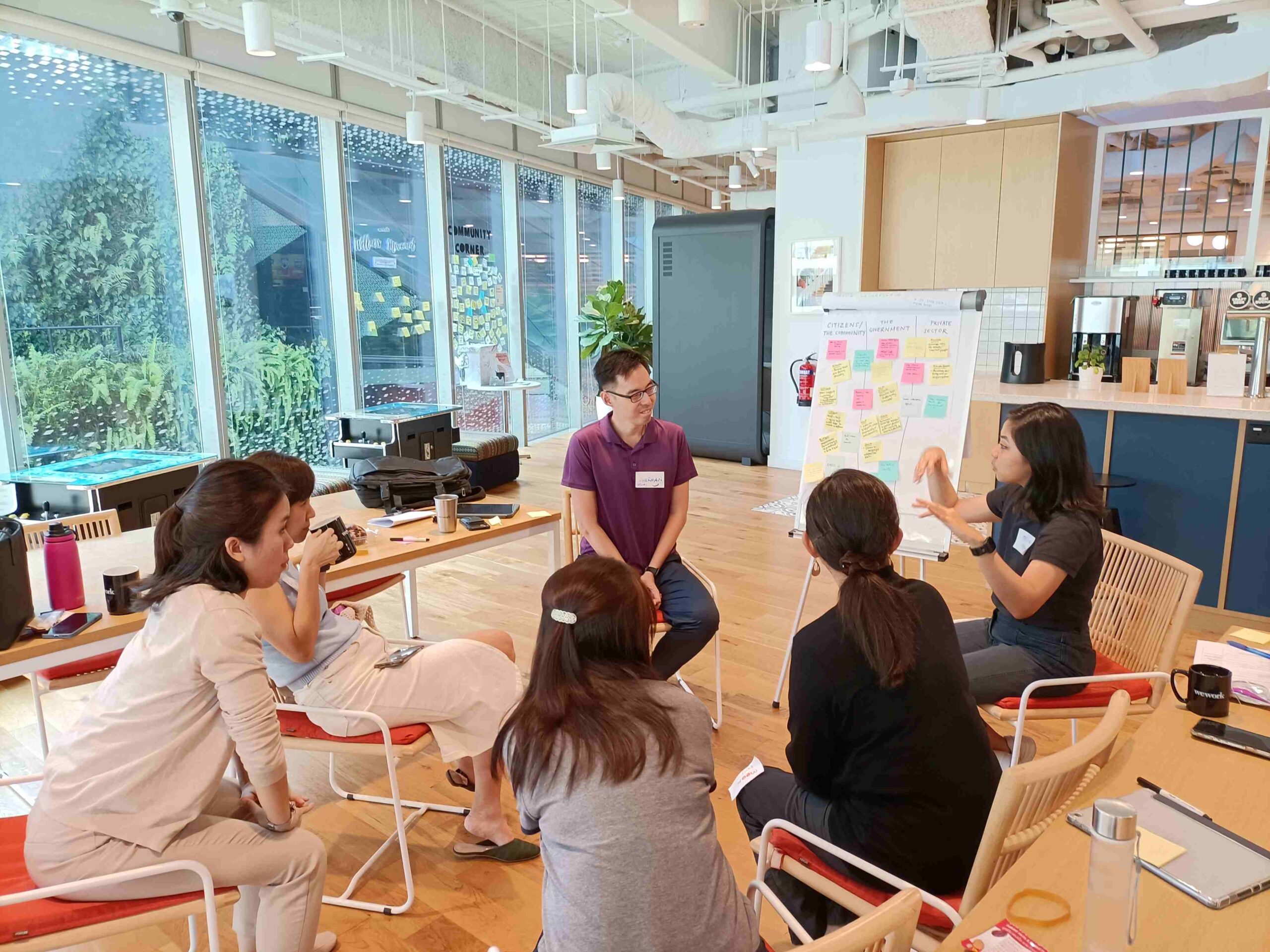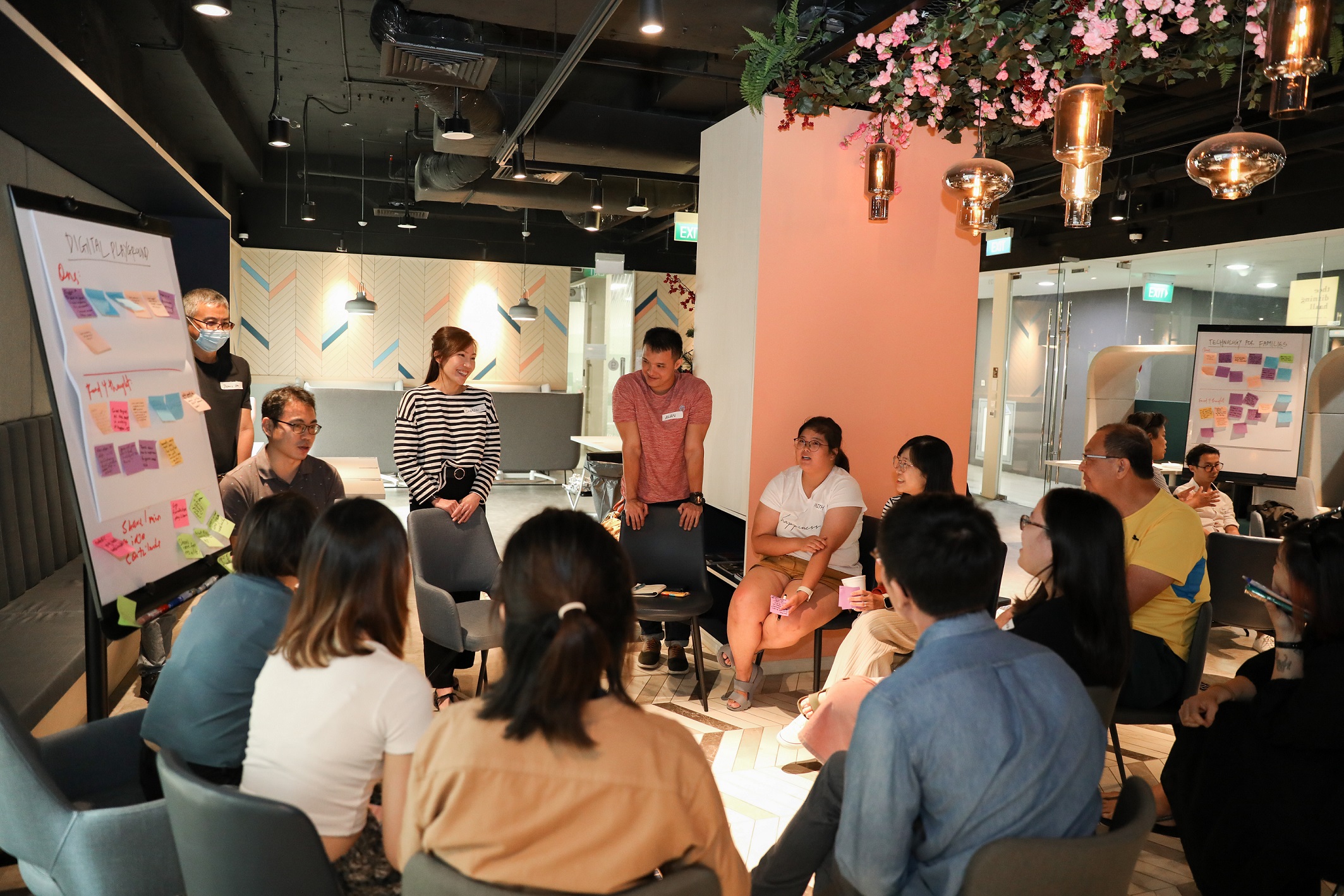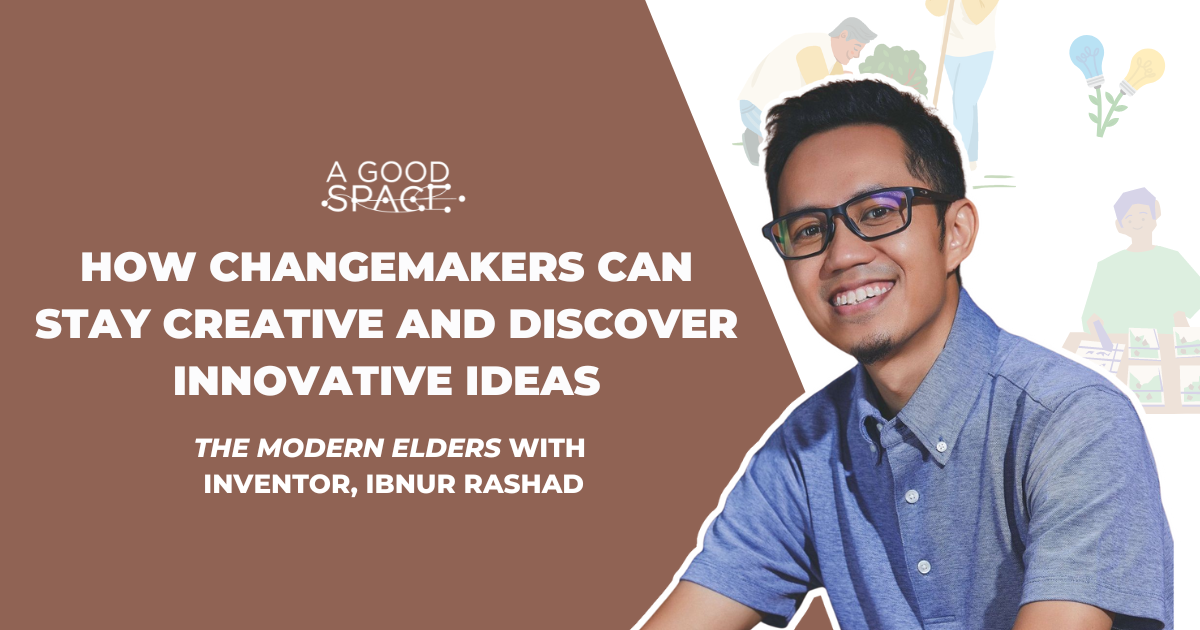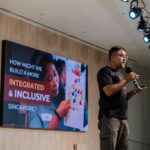Consolidating evidence that identifies key patterns and issues on the ground can put changemakers in a favourable position to influence key decision-makers and stakeholders.
This could then spur continued investment and resource allocation or even develop sustainable outcomes for policy and programmes! It is for this reason that evidence-based advocacy has gained traction in recent years.
And while every piece of data may have its strengths and limitations, how do we organise data systematically to advocate for change?
It is with this question that I reached out to Jin Yao Kwan. As a postdoctoral fellow at the Graduate School of Social Work in the University of Denver, with a Ph.D. in social welfare (UCLA) and a Master in Public Policy (LKYSPP), I thought he was the perfect person to highlight how useful research can be in informing the policies and programs created on the ground.
On top of his social welfare research, which looks at the positive development, well-being, and civic engagement of children, adolescents, and youth, especially those from low-income and marginalised/disadvantaged backgrounds, Jin Yao also volunteers with charities on research projects, and runs socialservice.sg, a website, podcast and newsletter dedicated to social service research, practice, and policies in Singapore.
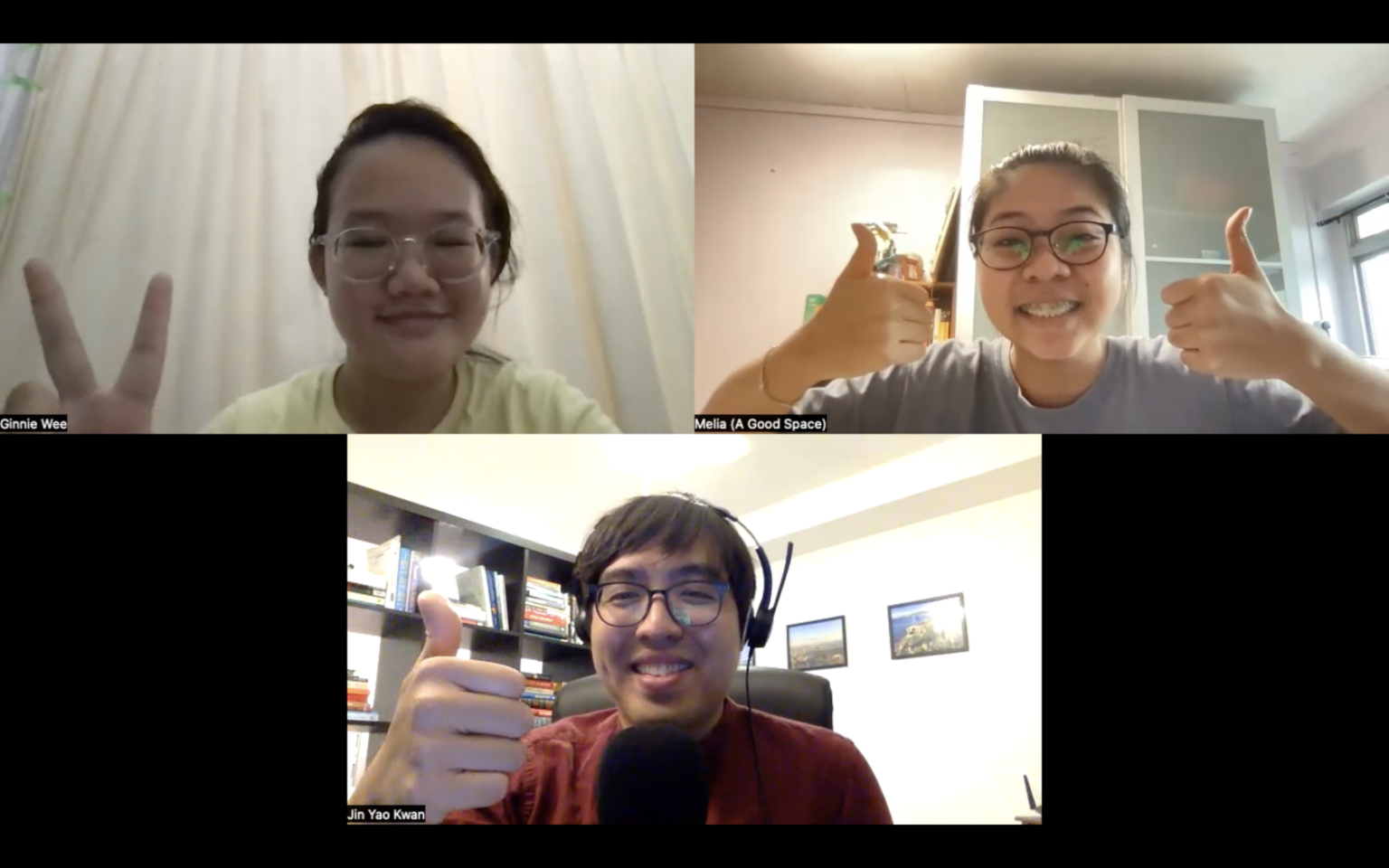
I interviewed him to bring you these insights – from what evidence-based advocacy can look like, its relationship to changemaking and how you can begin to incorporate into your own projects to potentially create systems-level changes!
What is evidence-based advocacy?
As the name suggests, this form of advocacy uses empirical evidence systematically to trigger change. Data are gathered, organised and analysed to produce clear and accessible information which can potentially influence leaders and decision makers.
In the case of social welfare, some of Jin Yao’s research looks at intervention effectiveness. This field is grounded upon people’s needs, and for that, strong evidence is a great way to demonstrate whether or not these needs are being met.
On top of quantitative and qualitative forms of data collection, which could include surveys, focus group discussions and interviews, newer, more progressive forms are starting to emerge.
For instance, participatory research methods – which invite members of a community to share their perspectives, develop strategies and undertake action – are increasingly popular, particularly due to its primary purpose to provide practical outcomes and action (rather than for scholarly enlightenment).
Think evidence-based advocacy is what you need to take your changemaking initiative to the next level? Great.
Here’s how you can begin!
Start small then … practice, practice, practice!
Jin Yao suggests starting with a small pilot study. Identify a clear problem that you want to investigate further and let that guide your research and the questions you generate.
Prioritise having a focused research topic over collecting large sets of data. If the ultimate goal for the research is to answer questions, doing too much just runs the risk of leaving you with more of them.
Jin Yao also emphasises that there are no shortcuts that make you adept at data-collection and analysis overnight. If possible, use every opportunity to train these data collection and analysis skills.
Be holistic in your data-collection
Collecting and analysing data should not just focus on problems. Jin Yao believes it is equally important to take the time to understand the context within which these problems occur, from geographical location, language, livelihoods etc.
When advocating, it is tempting to just present evidence that makes your advocacy campaign more impressive. However, Jin Yao suggests being as transparent and comprehensive as possible – including being upfront about limitations – so that ultimately, the people you are trying to influence can make an informed decision.
A practical way to do this would be to ask open-ended questions. Instead of close-ended questions like “Do public rental flat residents face challenges regarding digital inclusion?”, which provides little insight, your data could become richer if you frame it like this:
Although you could put emphasis on specific facts to favour the outcome you are trying to achieve, to be considered transparent and reliable, you should always try your best to show that you have considered as many scenarios as possible.
Make your data compelling
Jin Yao reminds us again here that data in and of itself does not have much value until the insights gleaned are presented in a way that gives the data meaning.
If the end goal for changemakers is to inspire action in others, your evidence must first be empowering enough for people to believe that they can and should be doing something about it.
“A social condition itself is not a social problem,” he says. The numbers and statistics don’t mean anything unless you can relate those findings to a problem.
To ensure this, Jin Yao suggests constantly asking yourself, “SO WHAT?” throughout your research process. Gaining clarity on that will help you angle your data stories to make people want to care.
An organisation that does a great job in making a strong case for their evidence is AWARE. Not only do they have all their research reports available on their website, because their advocacy efforts are so clear, they are able to take these findings and use them to propagate their message across social media channels, forums and articles.
Data visualisation could also be helpful here, especially if your evidence involves trends and statistics. Kontinentalist does a great job at this – check out their website for examples of how to tell creative, immersive stories to make data simple and memorable!
Know when to ask for help
Good evidence is the amalgamation of different data and data sources, but you might not be able to integrate things so easily, especially in the beginning.
Jin Yao suggests seeking a mentor, someone who is familiar with research to help you navigate what to work on and analyse your data with. This also makes the entire research process a lot less daunting.
In fact, Jin Yao mentioned that more and more researchers are now teaming up with agencies and changemakers to help make sense of and demystify their data.
In summary
Start off with a small and focused research project that aims to present a holistic picture of the issue. Keep relating the evidence to the identified problem so that you may package your data in a compelling way that incites excitement and action from others.
Hopefully this article has given you some helpful tips to bridge the gap between your changemaking practice and research to positively influence interventions and drive further social change.
Do you have tips of your own on how evidence and research can inform policies and programs created on the ground? We’re always learning here at A Good Space, so drop us a comment if you do – our community of changemakers would love to hear them!
This is part of a series we have called The Modern Elders, where we invite seasoned changemakers across various issues and communities to share their experiences and impart their changemaking wisdom to other budding changemakers.
Through these articles, we hope to create a repository of wisdom that anyone with a heart for social issues can learn from and go on to do more for the communities and issues they care about.
If you enjoyed what you read, consider subscribing to our newsletter for updates whenever we post an article, on top of getting some exclusive ideas, events and opportunities to create social change!
If you are curious to learn more about the A Good Space community, learn more here: bit.ly/agschangemakers!

Sin Melia
Melia is a Digital Marketing Trainee at A Good Space. She is a big fan of mother nature, tiger balm and food tiktok. You can probably find her somewhere over-analysing a TV show or K-drama.
